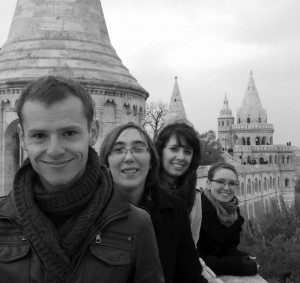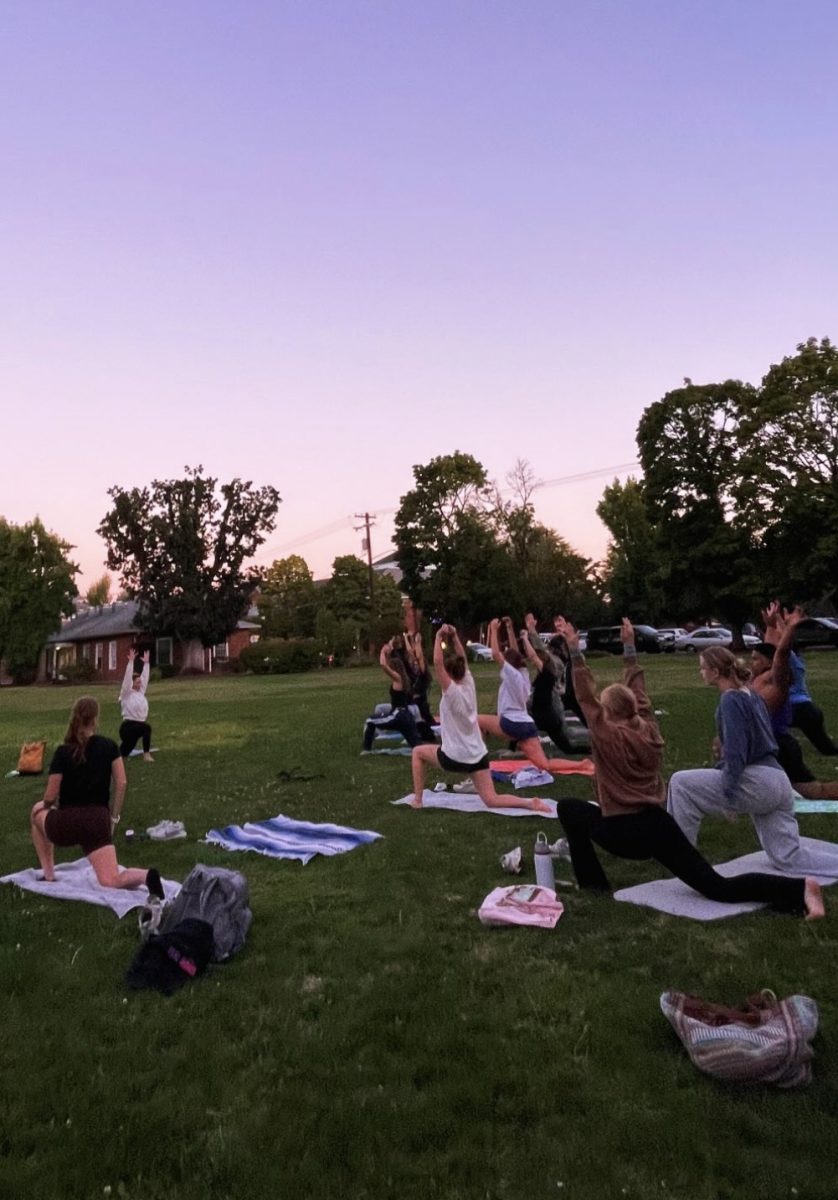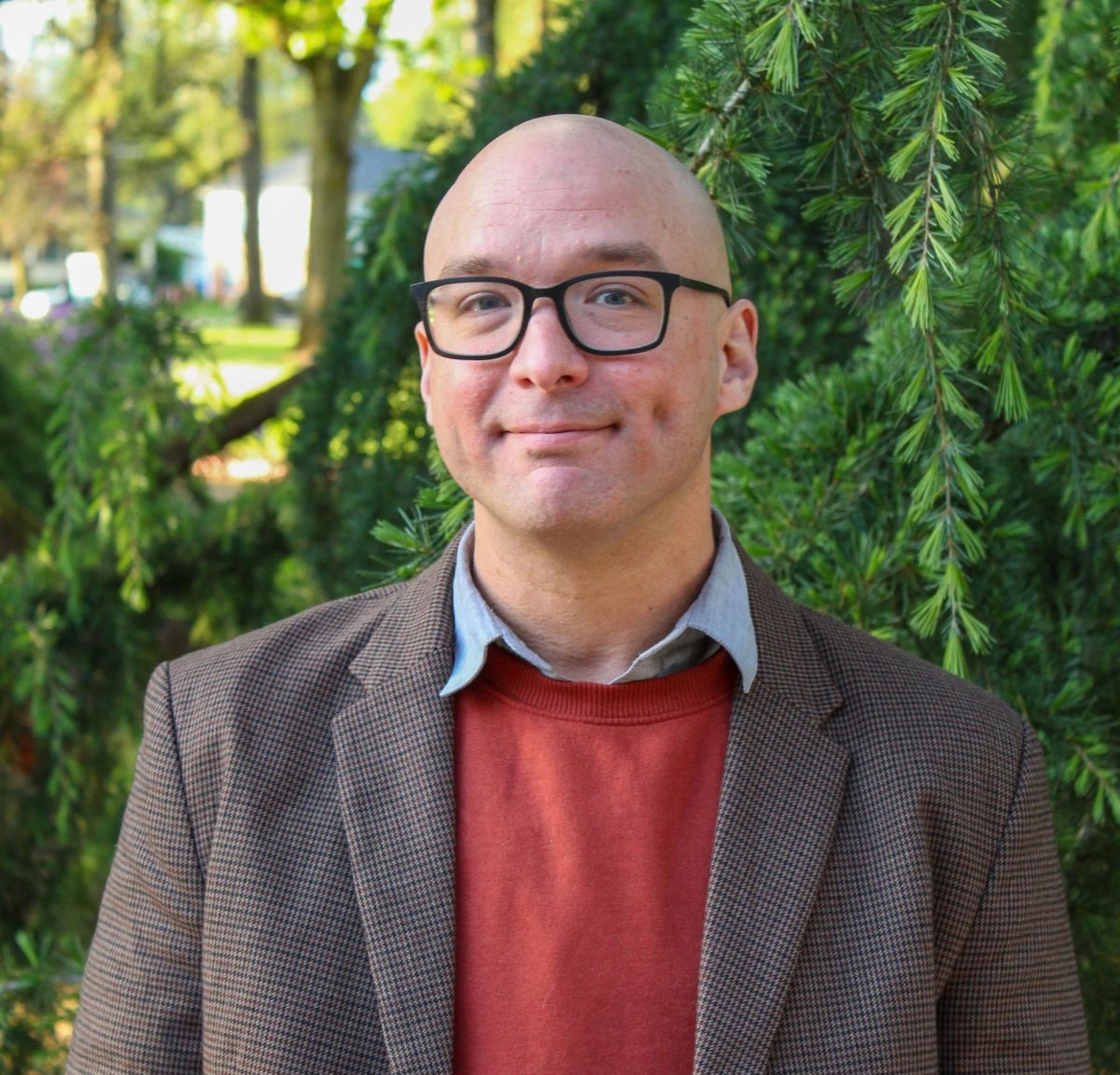
Photo courtesy of Adison Wisthoff
Most who have traveled abroad can tell you that learning a language is one of the hardest parts about being in a foreign country. But for those going to study abroad, it is essential to the experience. Traveling to Austria has provided Linfield students the opportunity to improve their German speaking skills, as well as the opportunity to see Europe.
“At Linfield, I would only speak German for an hour or so each day for class, but here it’s nonstop,” junior Addison Wisthoff said. “I can definitely tell my German has improved from this.”
Attending the Austro-American Institute, Wisthoff has been immersed in Austrian culture. While the classes meet the Linfield Curriculum and catalogue, Wisthoff said that they are very different in teaching style.
“I took three classes: Ethnic Diversity, Austrian Cultural History and Austrian Politics. We also take [a German class] at the University of Vienna,” Wisthoff said. “The classes are taught differently than at Linfield.
“I have gone on tours/field trips with all my institute classes. I really enjoy this aspect of school,” Wisthoff said. “We were able to learn about Gothic or baroque architecture one day and the next day we get to go see real baroque and Gothic building or learn about a Habsburg monarch, and then see where they lived and where they were buried. The time spent in class was slightly different from Linfield, in the aspect that it was primarily lecture-based with little discussion.”
Junior Angie Aguilar went to Austria during the fall of 2011 with only one year of German under her belt, which caused some difficulties adjusting to the culture.
“I was able to go through the classes alright because our professors were very patient with us,” Aguilar said. “But when I would try to speak German in stores, the salespeople would switch to English as soon as I made a mistake.
“After that happens so many times, it gets very discouraging,” Aguilar said. “Also, when I would have dinner with my host family and their friends, it was really awkward to be able to understand what they’re saying but simply not have the vocabulary to add to the conversation.”
While school in Austria has provided a more exciting learning environment, the city life has been a little shocking for Wisthoff.
“Since Austria is a strongly Christian state, nearly all the stores are closed on Sundays,” Wisthoff said. “This means that you need to plan ahead when you go grocery shopping, since the stores would be closed. The stores also close around 7:30 p.m., so that was something else to think about.”
Aguilar struggled with the conservative style of Austria in comparison to the brightly colored clothing from America.
“When I went to Austria, I had bleach-blond hair and dressed in skirts, knee high socks and hair bows, usually all in pretty bright colors,” Aguilar said. “This didn’t mesh with Vienna’s fairly conservative fashion of jeans, a button-up shirt, blazer, and scarves in dark or neutral colors.”
During his time in Austria, Wisthoff has gotten the chance to do many things he wouldn’t have expected to have the chance of doing had he not studied abroad.
“I met both the Austrian chancellor and president, I was on an Austrian national TV News Talk twice [as an audience member], and [was] able to go all over central Europe on weekend trips,” Wisthoff said. “I have been to Germany, Switzerland, Czech Republic, Italy and Hungary. I am thankful for all these opportunities that I could have, and I would recommend others to look into the Austrian study abroad program.”
Aguilar’s favorite thing she experienced while in Austria was the connections she made with new people from different places and backgrounds.
This semester, Wisthoff and four other Linfield students are studying in Austria. While Linfield does not normally host Austrian students, they regularly have teaching assistants to help teach German, according to Marie Schmidt, assistant to the International Programs Office.
Kaylyn Peterson
Copy chief






